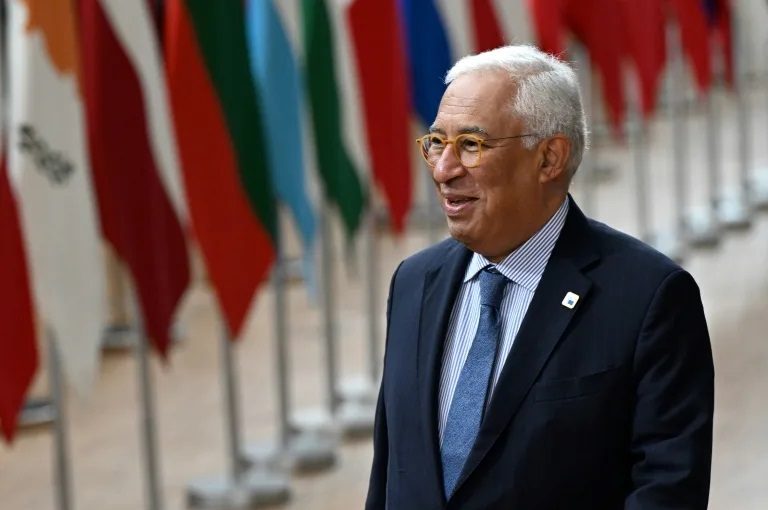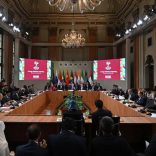De Beers announces kimberlite field discovery in Angola
Antonio Costa: Portuguese dealmaker enters EU lion’s den

File photo: AFP
Former Portuguese prime minister Antonio Costa is hoping to bring his reputation as an affable deal-broker to bear in one of the EU’s trickiest gigs — trying to build agreement among the bloc’s fractious leaders.
The bespectacled socialist, 63, on Sunday will become president of the European Council as part of the shake-up of top positions in Brussels that happens every five years.
In that role he will chair the regular summits bringing together the heads of the EU’s 27 member states that are notorious for their long hours and late-night bartering.
It will be down to Costa to try to overcome often clashing interests and steward them towards some kind of consensus as Europe grapples with thorny issues from the war in Ukraine to dealing with Donald Trump or revamping its economy.
Unlike his Belgian predecessor Charles Michel, who ruffled feathers as he sought to promote himself as the EU’s figurehead, those familiar with Costa’s thinking say he’s planning to take a lower-key approach.
“He wants to be less like a showman and more like a facilitator,” one senior European diplomat told AFP, speaking on condition of anonymity.
To do that Costa has already toured around EU capitals asking leaders he knows well from his years at the top table what they want to do differently.
And he’s keen to have a far smoother relationship — and frequent meetings — with powerful European Commission chief Ursula von der Leyen after bad blood between her and Michel soured EU cooperation.
Comeback
Costa, a former mayor of Lisbon, made his name as a bridge-builder by putting together a series of fragile coalitions to keep him in power at home.
A pragmatic and skilful tactician, he became known for negotiating unlikely agreements and turning setbacks into opportunities.
“In democracy, politics has to be based on compromise. One goes into politics to make deals,” he said in an interview earlier this year.
On the European stage, in 2020 he helped reach out to Hungary’s nationalist Prime Minister Viktor Orban to overcome opposition to a vast post-Covid recovery plan.
But a push for him to take a leading post in Brussels was nearly scuppered after he was forced to resign last year when his administration was targeted in a graft probe.
Ultimately though, the corruption inquiry came apart, with a court determining in April that there was no indication a crime had been committed.
That then paved the way for EU leaders — many of whom including French President Emmanuel Macron have warm personal ties with Costa — to choose him for the well-paid hot seat.
Multicultural
Costa’s ascent to the top of the EU marks the first time someone with non-European heritage will take over one of the bloc’s top slots.
His father, communist writer Orlando da Costa, was born in Mozambique to a family originally hailing from Goa, Portugal’s former colony in India.
Nicknamed “Babush”, a term of endearment for a little boy in Goa, Lisbon-born Costa did not play much on his mixed origins during his political career at home.
But in 2017 he was given an honorary Overseas Citizen of India card by Prime Minister Narendra Modi and used his roots to try to build ties between their two countries.
Those close to him now say his background could help him appeal to parts of the globe the EU struggles to reach as he represents the bloc on the world stage.
That is increasingly important as countries in the Global South feel the competing tugs from China and Russia.
“We need to have closer relations with different regions and countries that are relevant in a world that is much more than the G7 or the G20,” he told Politico recently.
“This is a world composed of 195 countries.”













Leave a Reply
Be the First to Comment!
You must be logged in to post a comment.
You must be logged in to post a comment.